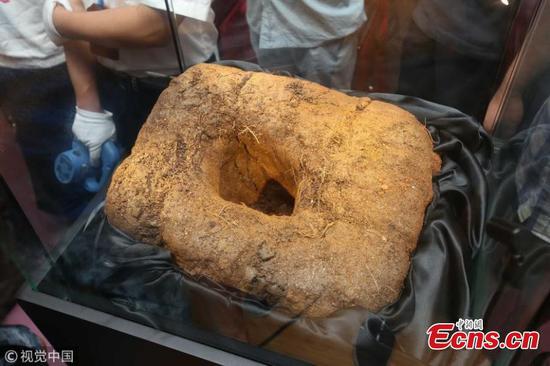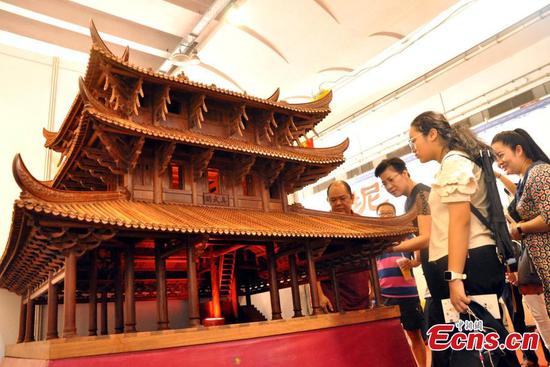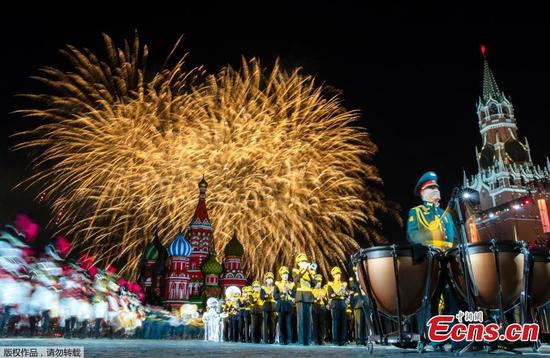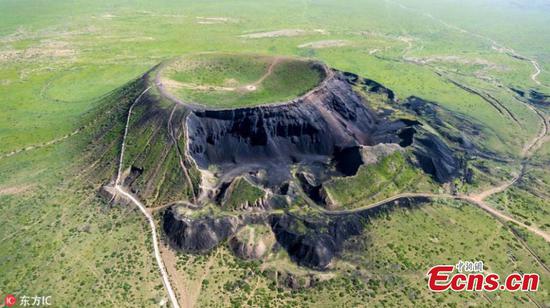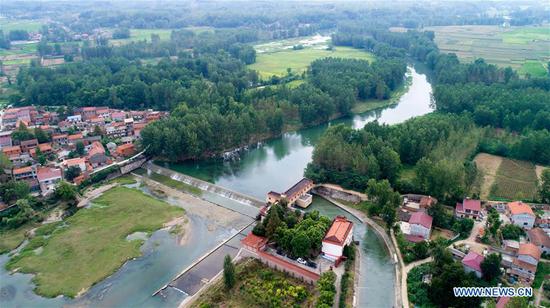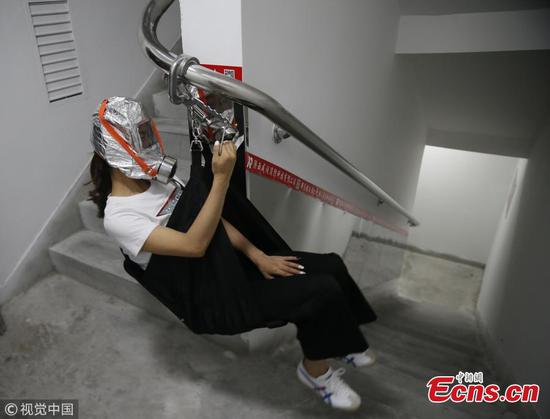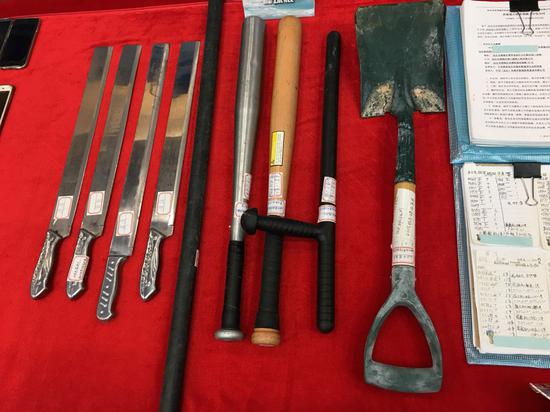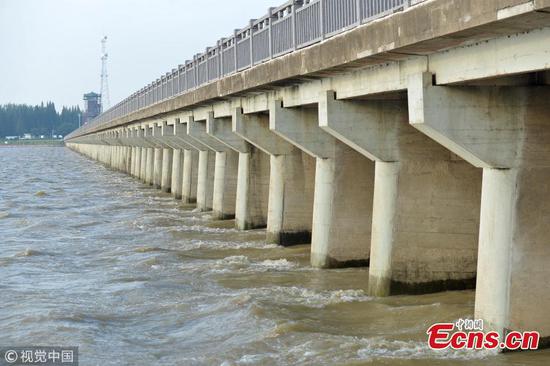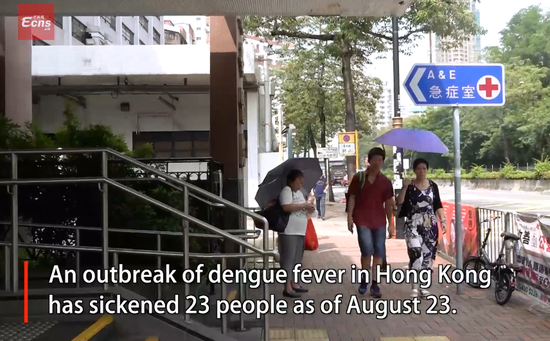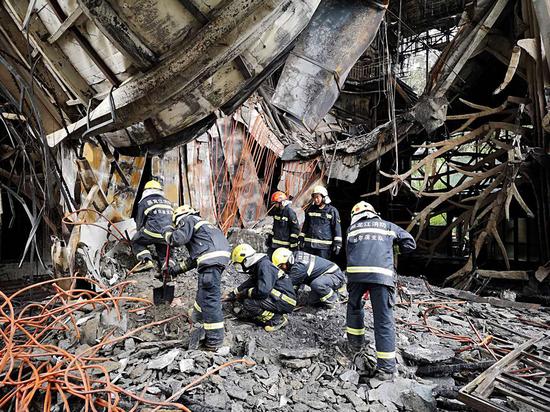
Firefighters conduct rescue operations in the ruins of the Beilong Hot Spring Hotel in Harbin, Heilongjiang Province, on Saturday. (Photo by XIAO JINGBIAO/FOR CHINA DAILY)
Another tourist, surnamed Luo, awoke as heavy smoke engulfed her room. "I felt hopeless when I found the same situation in the corridor. I didn't know how to escape," the 65-year-old told China News Agency at the hospital.
She and her husband leapt from the third floor to escape and fractured their spines.
"I'm still frightened even now that we're safe," Luo said, adding that she felt lucky to be alive. She is part of a 90-member tour group from Beijing.
Fang Zhenghui, secretary-general of the Harbin city government, said a team has been set up to conduct an in-depth investigation, adding that a citywide safety check will also be carried out.
"Those responsible for this fire must be dealt with seriously," he said.
According to the provincial fire department's website, the hotel, which opened in 2015, had failed to pass four fire safety inspections since December 2017.
There were several fire risks in the hotel, such as a lack of fire extinguishers and malfunctioning indicator lights for emergency exits. Two exits had been locked, local media reported.
Referring to the incident as a "very painful lesson", the Ministry of Emergency Management's fire department held a conference the same day, vowing to inspect densely populated places to root out safety hazards.
The deadly blaze "fully reveals the neglect of fire prevention duties" in some companies and institutions, it said in a statement.
"Affected by overlapping factors-including concentrated travel and tourism activities, increasingly frequent business operations, an increase in the flow of people and logistics issues associated with the shift from summer to autumn, China has entered a fire-prone period," the statement said.
It also noted that there have been multiple fires with more than three deaths in the country this month, an increase from previous years.
The department called for immediate action in densely populated areas-those with schools, hotels, hospitals, entertainment venues and tourist sites-to check the maintenance of fire control facilities and escape routes, and to determine whether fire control duties have been well performed.
The department will summon executives, make safety hazards known to the public and monitor the rectification process to help companies enhance their capabilities in fire prevention and rescue, it said.












